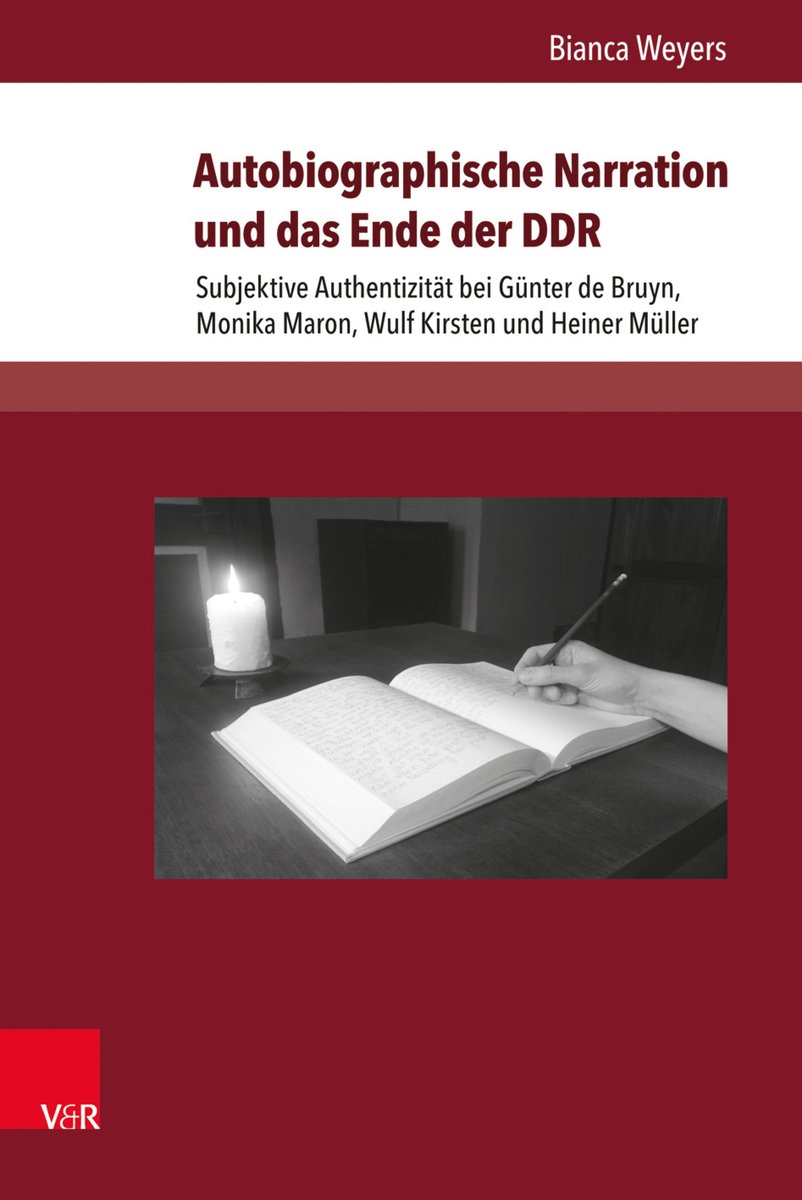The dissertation contributes to the research on post-socialist German autobiographies and analyses representative autobiographical works of Günter de Bruyn, Monika Maron, Wulf Kirsten, and Heiner Müller. A detailed literature review and a short summary of the genre's history provide an introduction to autobiography as a literary genre. The subsequent chapters discuss the change of cultural and educational policies East German writers faced after 1989. An in-depth analysis of the four autobiographical works takes these literary and historical facts into consideration. This analysis explores the variety of opportunities the genre has to offer regarding its main pillars: identity, authenticity, historicity, and literariness.


